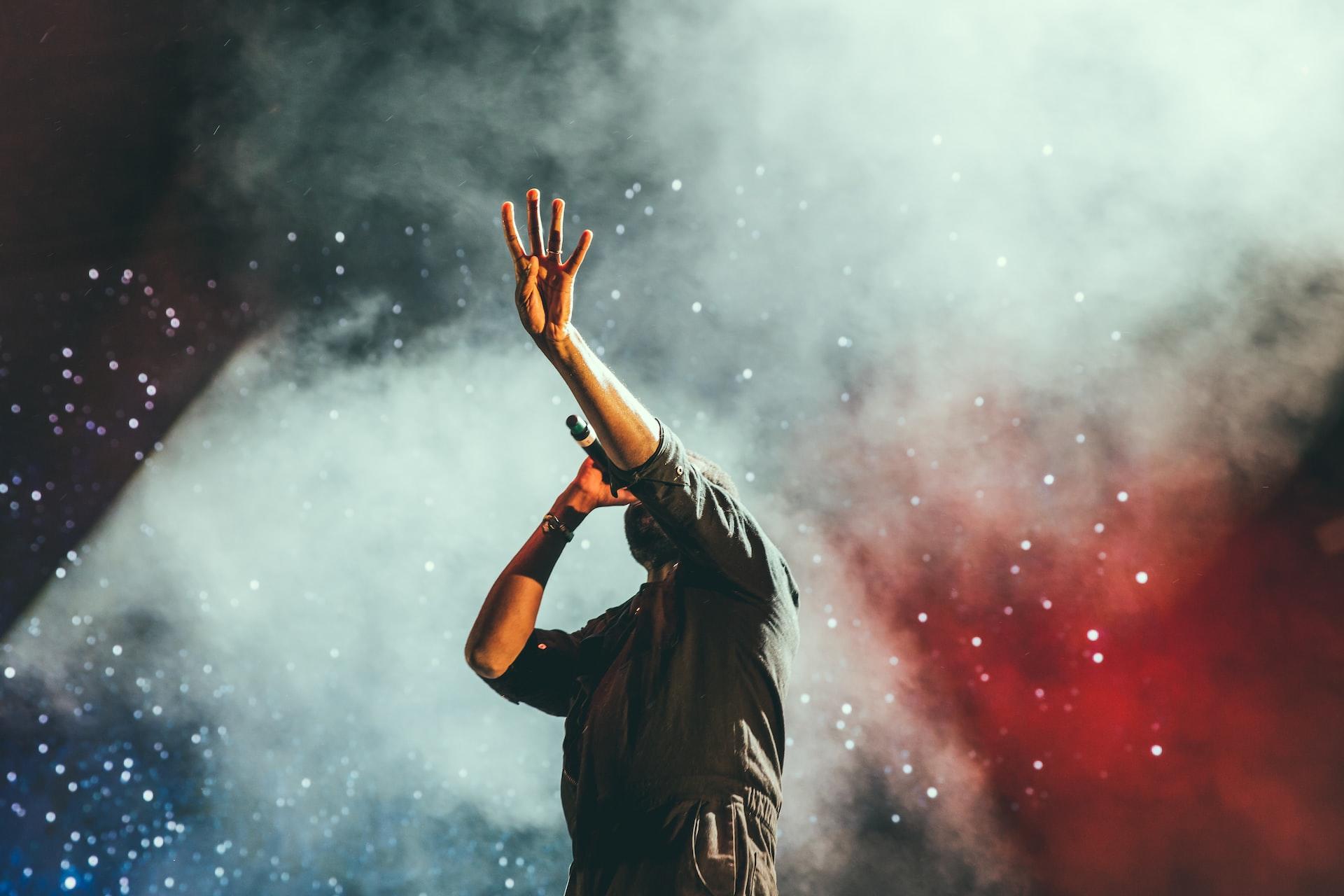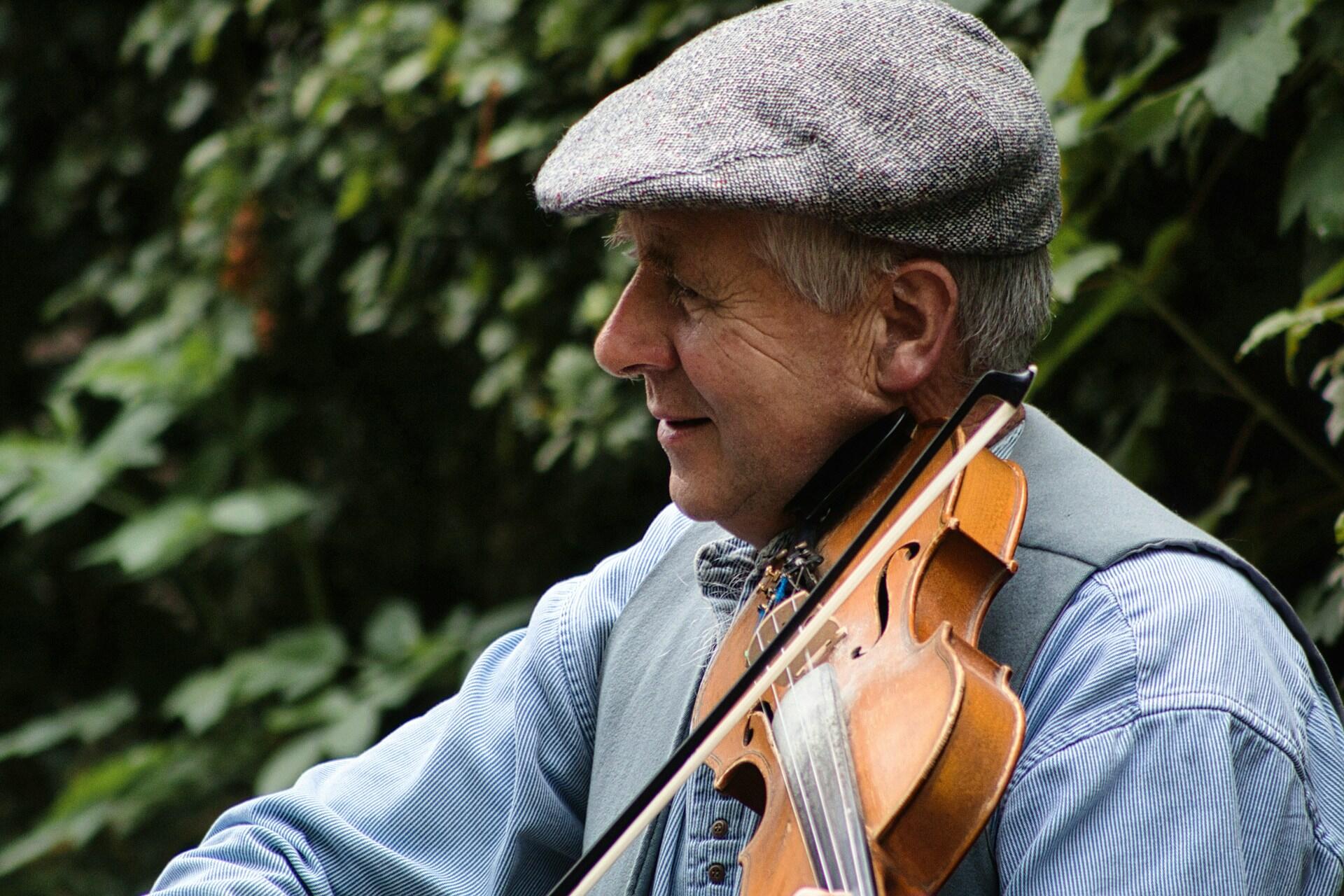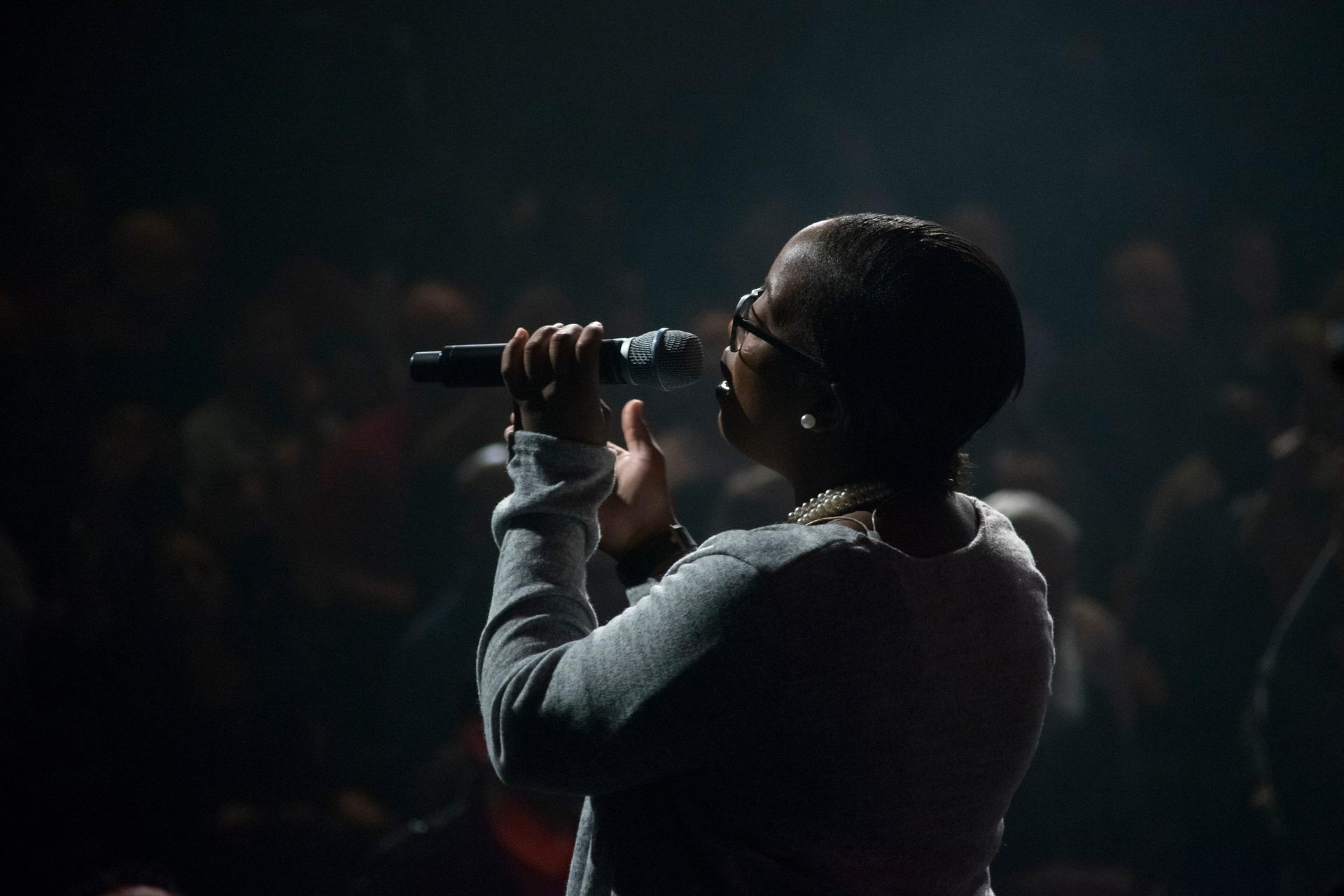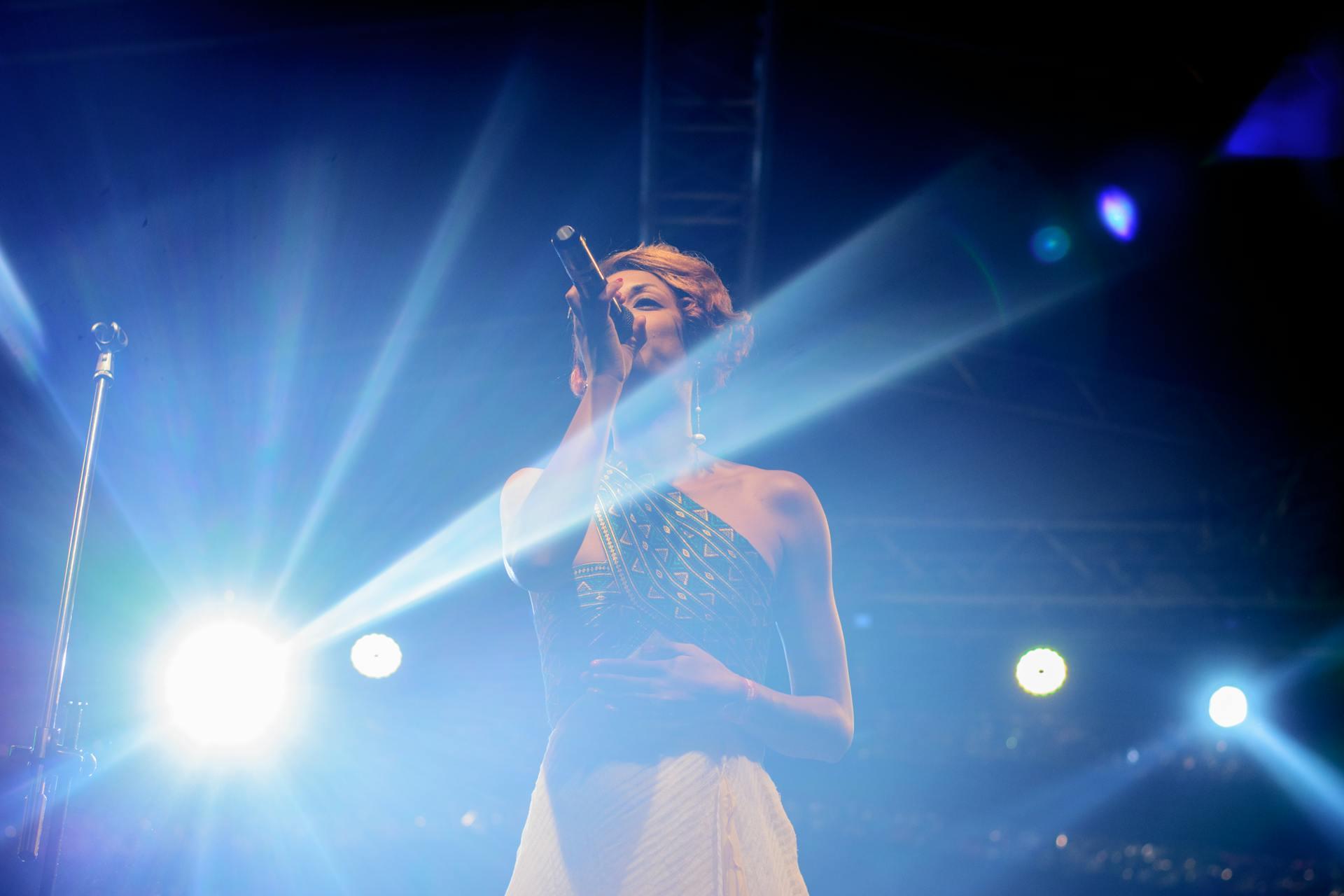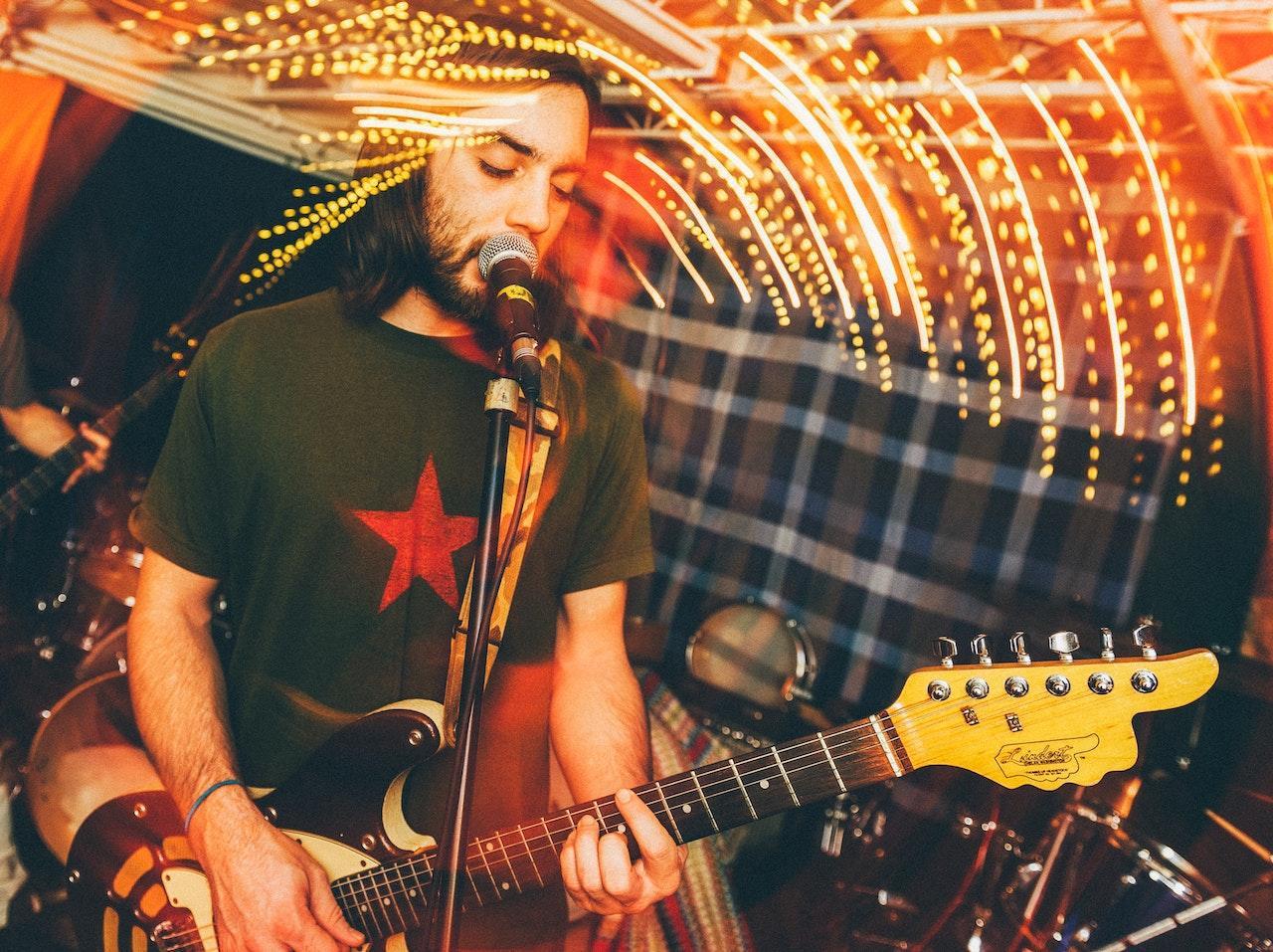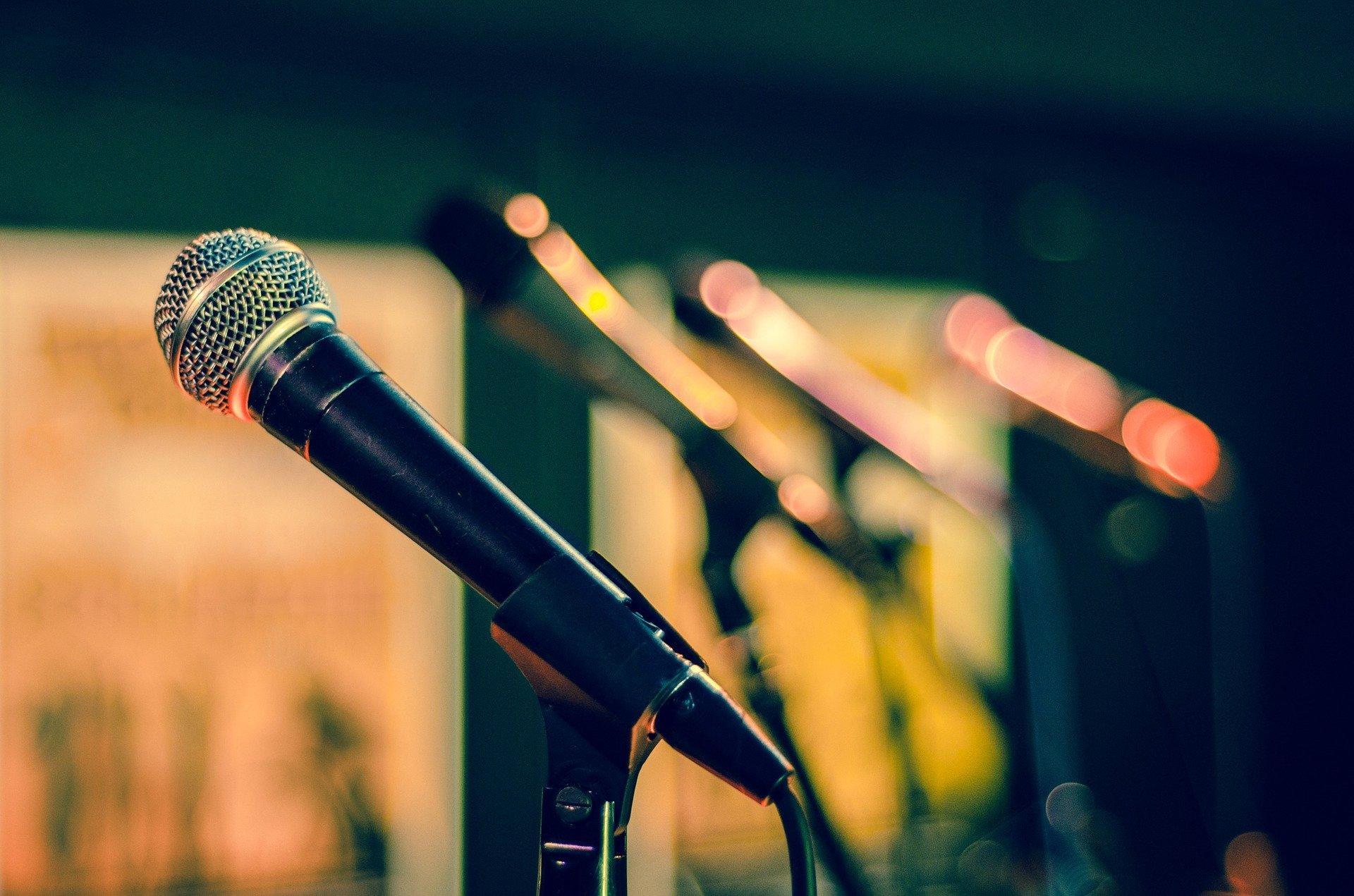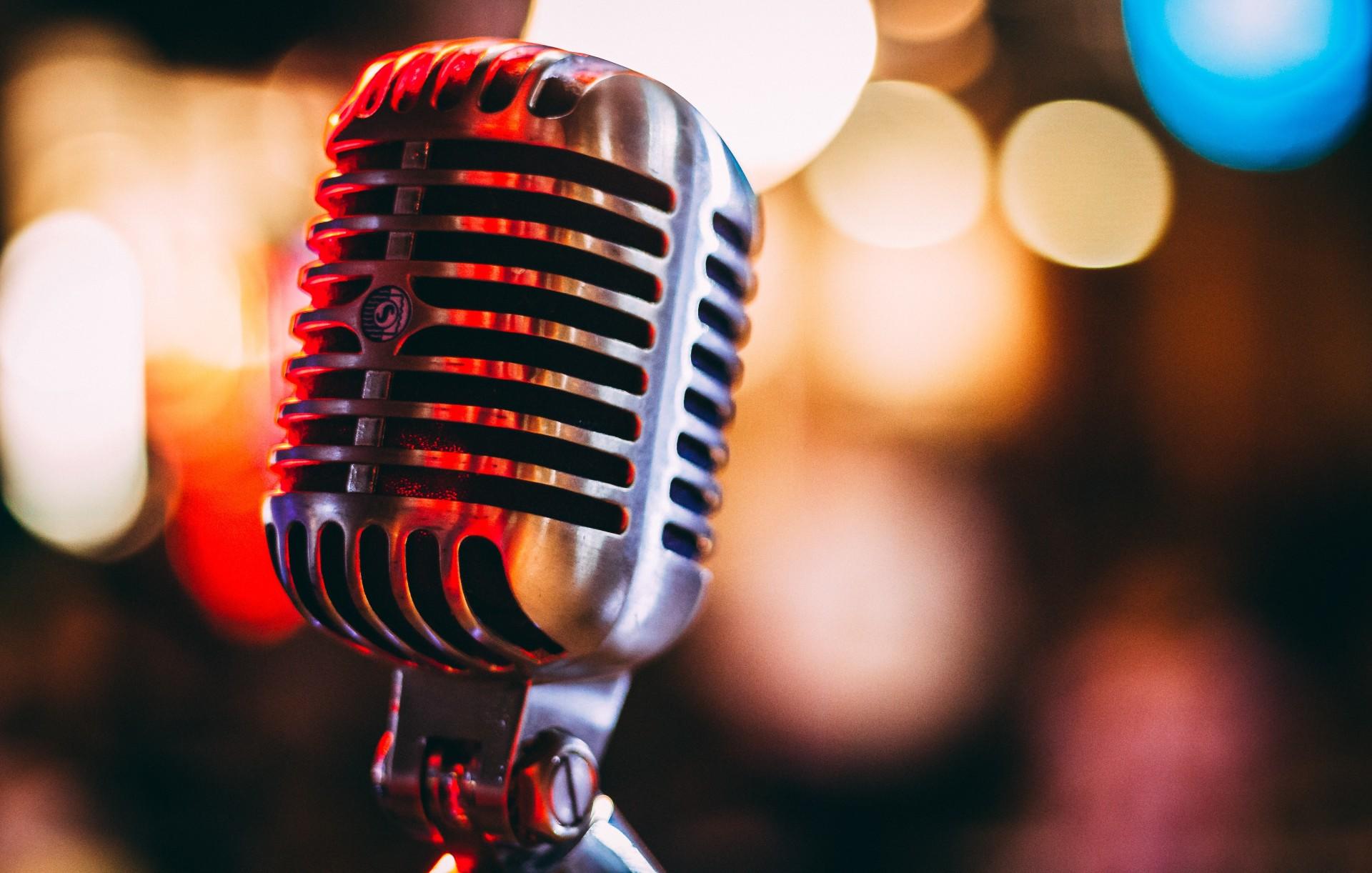As I write this, the world stands three weeks away from one of the most celebrated spectacles in the history of television. The Eurovision Song Contest starts on May 7th, in Malmö, Sweden.
On Tuesday, May 7, at 2100 CEST, the first semi-final will broadcast. You can watch the second semi-final two days later, on May 9, at the same time slot. The final round, set to crown a new Eurovision champion, will broadcast live on May 11, in the same time slot.
The excitement is palpable. From Australia to... Well, to everywhere, enthusiasts are planning their viewing parties and previewing this year's selections. What makes the upcoming contest most exciting is that the whole world may vote for their favourite acts.
"Europe, Australia, and the rest of the world, start voting now!"
Eurovision presenters
To fill the gap in showtime and feed our excitement, Superprof delivers this Eurovision overview. Practically everyone knows what Eurovision is, but the Eurovision story is well worth knowing. Now that you have your viewing party plans set and your costumes ready, indulge yourself with this in-depth guide to Eurovision.

What is Eurovision?
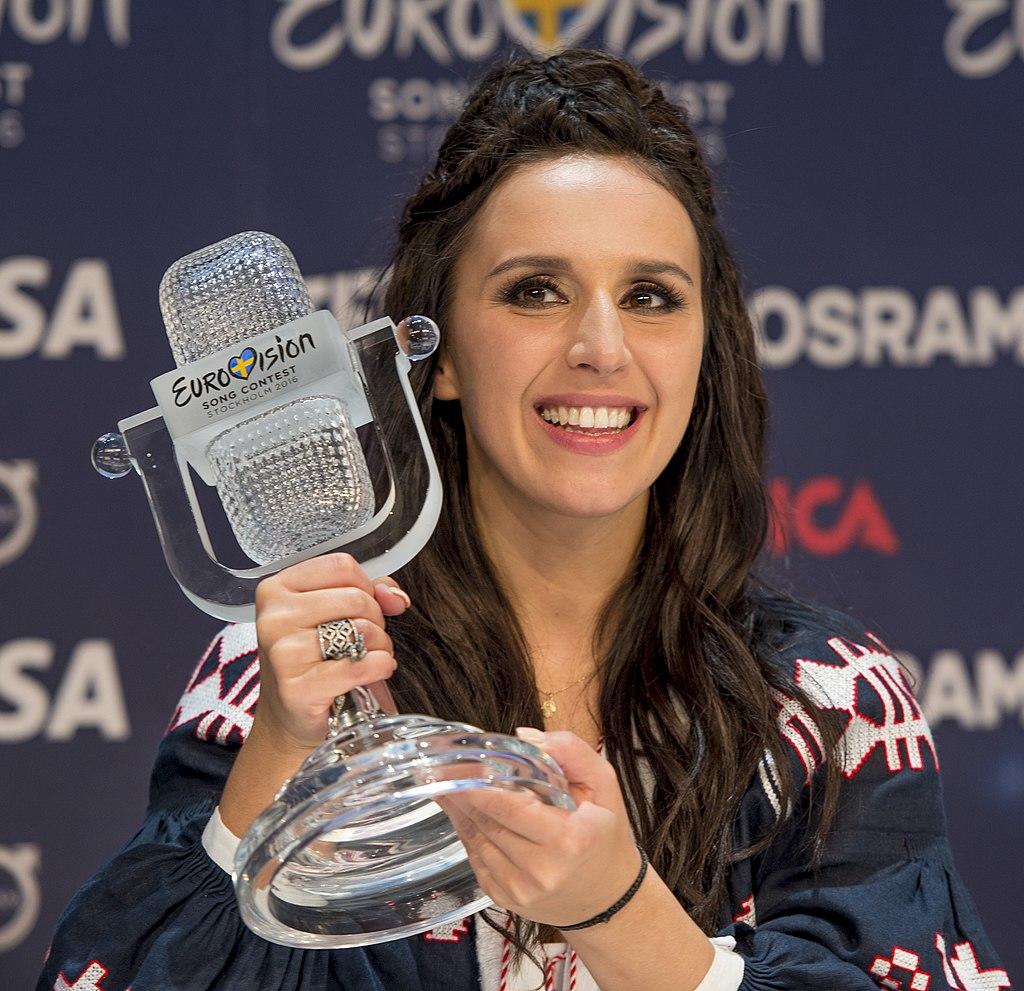
At first glance, this television event is a singing contest. It's a reason to come together for a good time and, maybe, to hoist a glass - or your preferred vessel. It's a time to appreciate the degree to which music is universal. As Eurovision airs, the viewing public unites.
Eurovision is the longest-running programme in television's history. It ranks among the most-watched events across the globe, outside of sports. (Photo by Arthur Harutyunyan on Unsplash)
Eurovision is an annual international singing competition that strives to be as inclusive as possible. For these reasons, it is a Guinness World Records holder.
Eurovision is also a marvel of coordination, technology, and engineering. Broadcasting a live show is a challenge in itself, never mind set and performer changes every few minutes. And then, add the voting and the judging, the tallying and delivering results.
In short, Eurovision is amazing on every level, from the technical to the spectacle. We might not think about the behind-the-scenes work that goes into making this show. However, every viewer appreciates the talent and skill the singers bring to the stage, as well as the songs they gift us.
To fully appreciate the visual and auditory feast we're soon to enjoy, we need to look back. We need to know how Eurovision started and what made it morph into the massive event it's become.
Looking to learn how to unleash your own vocal talents? Find an amazing singing coach for singing lessons Melbourne here on Superprof!
History of Eurovision
In the wake of World War II, Europe was buzzing with a united determination to build a better future. Central to this post-war revival was television, a burgeoning technology set to revolutionise the way people connected. But first, it had to overcome several challenges, including the crucial task of finding engaging content to broadcast.
This is where the European Broadcasting Union (EBU) saw an opportunity. In 1955, the European Broadcasting Union (EBU) launched a suitable live-broadcast initiative.
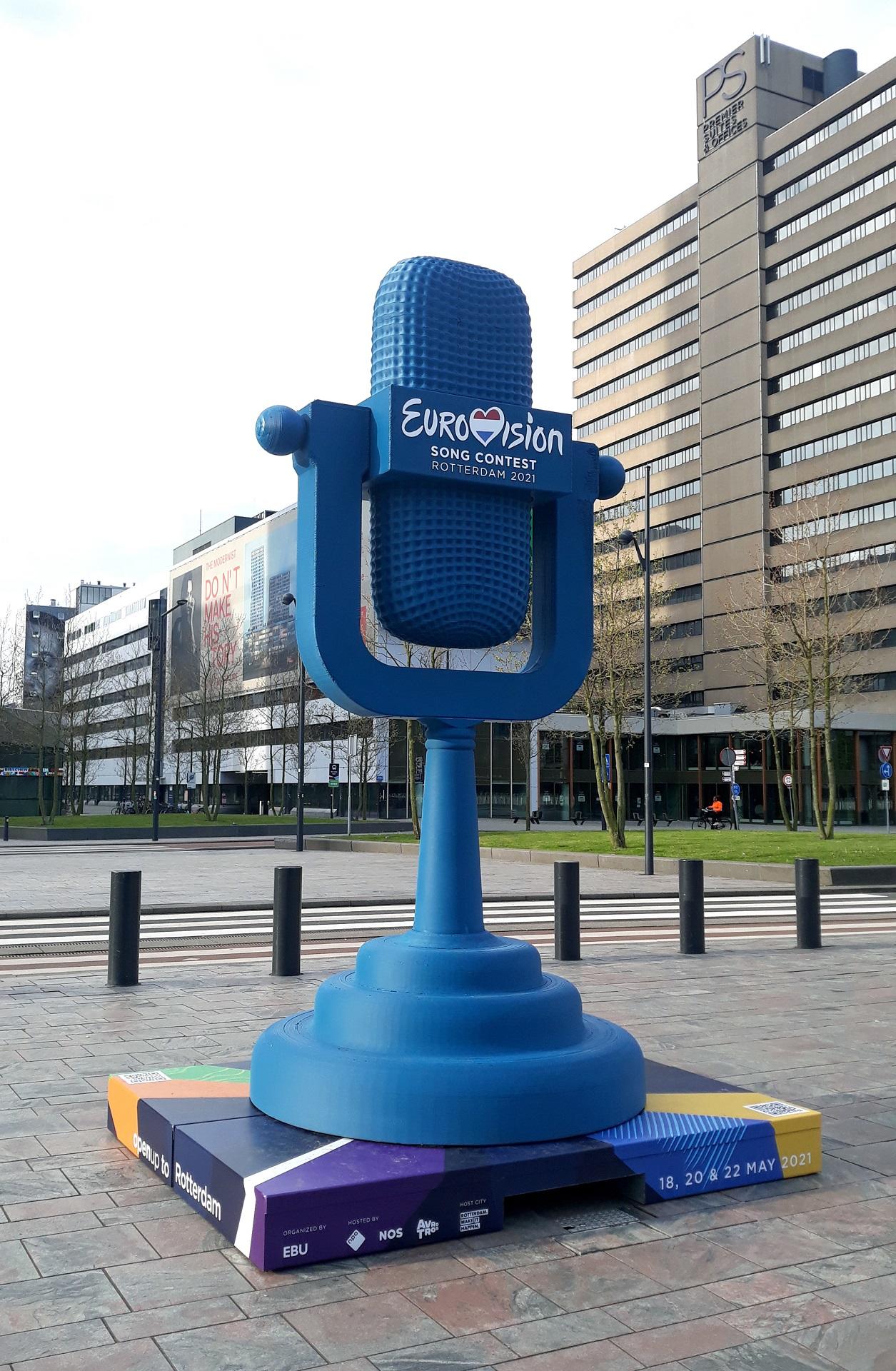
The EBU figured producing such a show would cost less for national broadcasting companies to air. Rather than each European nation scrambling for television content, one show for all broadcasters: a brilliant idea!
In another genius move, the EBU planning committee settled on a music contest, an already popular tradition across Europe, So why not centralise the initiative?
The first Eurovision contest aired in 1956, featuring singers from seven countries. Each sang two songs, after which a judging panel ranked their performances. The show was a hit. More EBU member nations joined for next year's show.
Over time, Eurovision evolved into a colossal event. Both for its ever-expanding format and its ever-more-complex logistics. How have planners and coordinators consistently managed to keep the stage lit and the music hot? You must delve deeper into Eurovision history to uncover the secrets behind the spectacle.

Eurovision Voting: How does it work
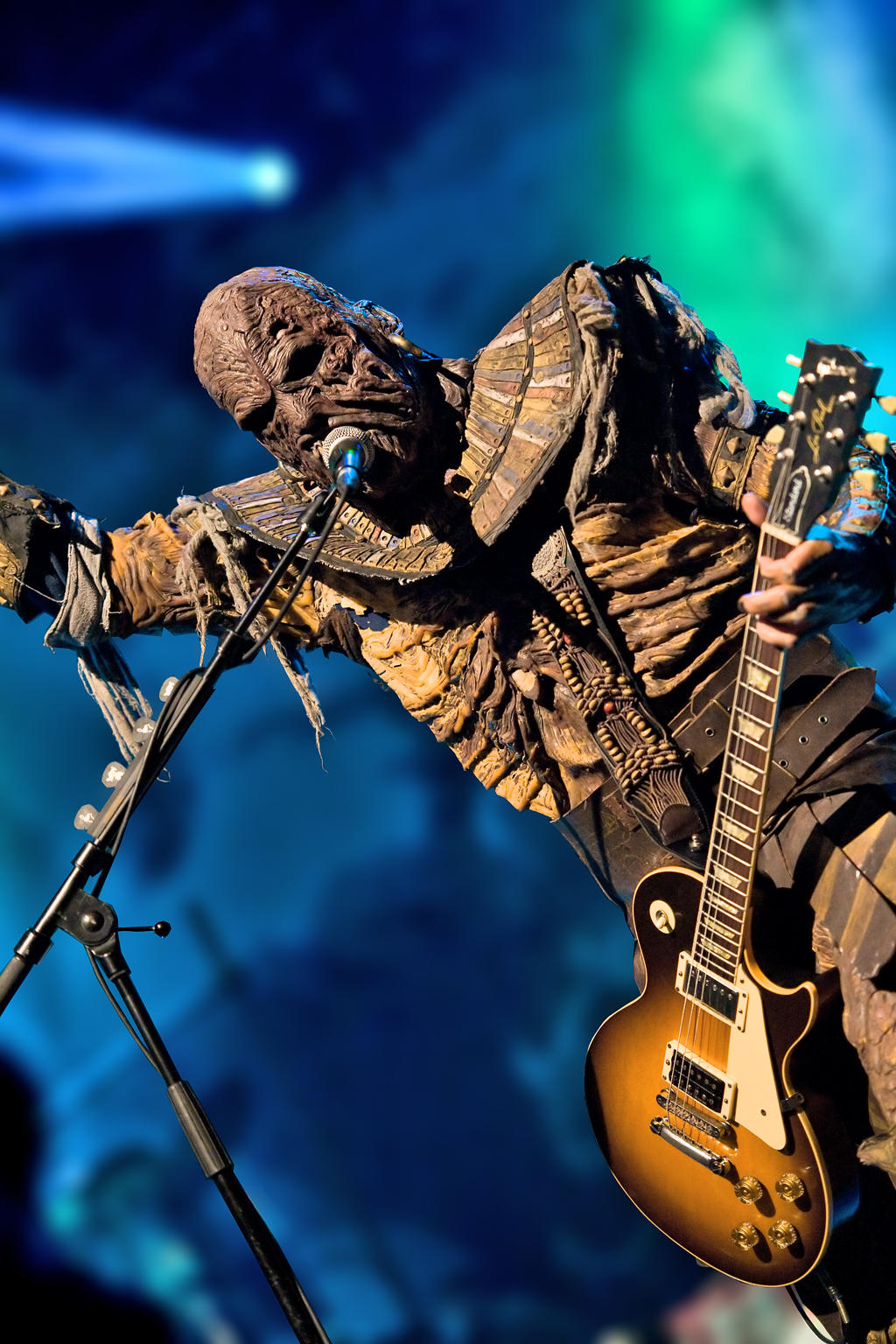
Across this contest's 67 years, musical acts of all types have graced its stage. In this show's early days, ballads were the standard, but France Gall's 1965 win ushered in the Eurovision pop era.
Since then, many different music genres have found welcome on the Eurovision stage. Finnish heavy metal band Lordi is a perfect example of such. They won the most votes in 2006 and brought Eurovision to Helsinki in 2007.
Eurovision's producers don't fret over finding musical talent to take the stage or the type of music they play. Keeping the contest fair - for participants as well as the voting audience, takes a high priority.
Through the years, the EBU has revised their voting systems no fewer than 11 times. At the start, judging panels evaluated and rated the performances. As more countries joined the Eurovision roster, the show's planners had to come up with more equitable ways to decide the winner.
Three times, the Eurovision voting process underwent radical changes. The first came about in 1966; this system lasted only two years. The next change was in 1975 and still features today: the 12, 10, 8-1 rating system.
The greatest Eurovision voting evolution happened in 1997. For the first time, the programme opened the selection to the public via televoting. Viewers could call their country's broadcaster to voice their preferences. The broadcaster would then forward those votes to the Eurovision show.
As technology evolved, so too did the Eurovision voting system. In 2023, for the first time, Eurovision enthusiasts around the world could cast their votes via the contest's smartphone application. This demonstrates the borderless nature of the Eurovision Song Contest.
The Most Legendary Winners
Though Sweden has won the Contest seven times, ABBA is no doubt the most renowned Swedish Eurovision winner. Their winning song, Waterloo, catapulted them onto the world stage in 1974. They went on to become one of the most successful music groups of all time.
Celine Dion shot to global fame the same way. A teenage singing sensation in her native Quebec, she represented Switzerland in the 1988 contest. Claiming the top prize led to a prolific and successful career.
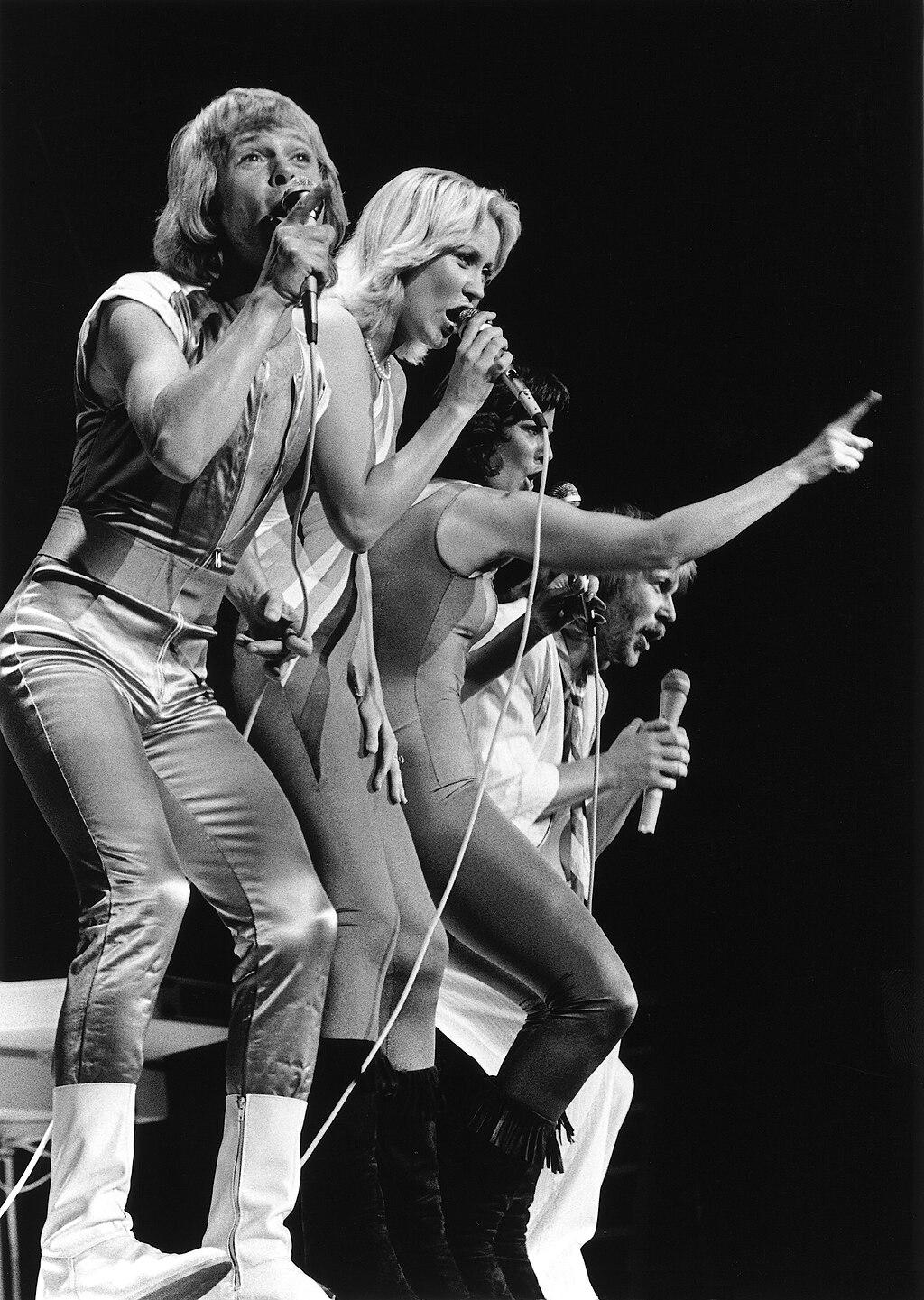
Compared to ABBA and Celine, Loreen is not widely known outside of her native Sweden. However, she achieved a feat that neither of those more famous acts have: claiming the top Eurovision prize twice. Her 2012 winning song, Euphoria, is an electronic dance music (EDM) masterpiece. She returned in 2023 to dazzle with Tattoo.
You can learn how to sing like a star, too with singing lessons Adelaide on Superprof!
Before Loreen, there was Johnny Logan, from Ireland, he first won the contest in 1980 with What's Another Year, seven years later, he reclaimed the title with Hold Me Now, making him the first person to ever win the Contest twice as a singer.
Winning Eurovision is one way to become a music legend. Another is to parlay a lesser win into popular music super-stardom. Mocedades represented Spain in the 1973 contest; their Eres Tú landed them in second place. This song rocketed around the world, playing in countries that didn't even broadcast Eurovision.
This long-running music contest has introduced the world to extraordinary talent and unforgettable songs. Some of the competition's most memorable tunes still captivate us today. Although the fame of some acts remains confined to their home countries and their performances at Eurovision, their brief showcases highlight the immense musical diversity our world offers.
Australia in the Eurovision
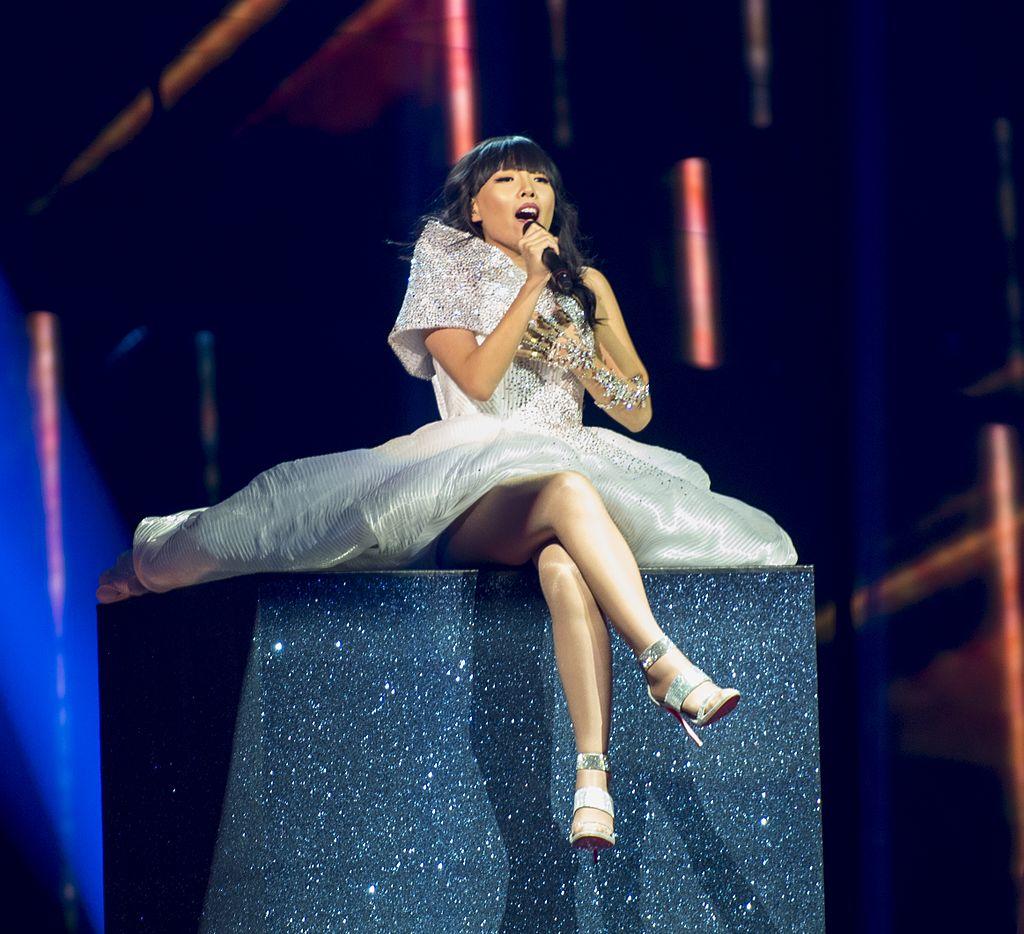
To date, Australia is the second non-Eurasian country currently participating in Eurovision. We were the only country to join the Eurovision line-up in this millennium's second decade. It didn't take us long to claim our prize.
Our second year in Eurovision, Dami Im took second place with Sound of Silence in 2016. But two more Australian singing talents took the Eurovision stage before she made her mark. (Photo by Albin Olsson via Wikipedia)
Australians have been ardent Eurovision fans since the Special Broadcasting Service (SBS) debuted the spectacle. That year, 1983, Corrine Hermes represented Luxembourg. Her song, Si La Vie Est Un Cadeau (If Life Is a Song) claimed the top spot. Whether because of her power ballad or her fresh-faced resemblance to Olivia Newton-John, we were hooked.
No Australian singer had a shot at the Eurovision stage, though. Participation rules limit contestants to the European broadcasting range. But maybe, if we were loyal fans for long enough, we might yet find a way to contribute.
Even if you're not aiming to be a Eurovision star, you can take singing lessons on Superprof and learn how to become an amazing singer!
We got our chance in 2014. The Danish Royal Family, aware of our devotion to the contest, invited Australia to perform during the second semi-final interval act. SBS chose Jessica Mauboy to represent us; her effervescent Sea of Flags met with resounding applause.
At the time, the EBU was already planning next year's big event, which would mark the show's 60th anniversary. Once again, our devotion earned us a place on-stage, this time, as competitors. Guy Sebastien's funky Tonight Again made such a splash that Swedish duo Gina Dirawi and Sarah Dawn Finer used it as their interval act the next year. After translating it to comply with the competition's language requirements, of course.
European broadcasters have been inviting Australian talent to the Eurovision stage ever since. We've participated in eight contests, so far. This year's Australian representative, Electric Fields, marks our ninth appearance.
To this day, Australia in Eurovision is an outlier. This contest's generosity in welcoming us speaks volumes about our vocal talent, doesn't it? Still, we remain grateful for the chance to showcase our best voices on this global platform.
Summarise with AI:


















